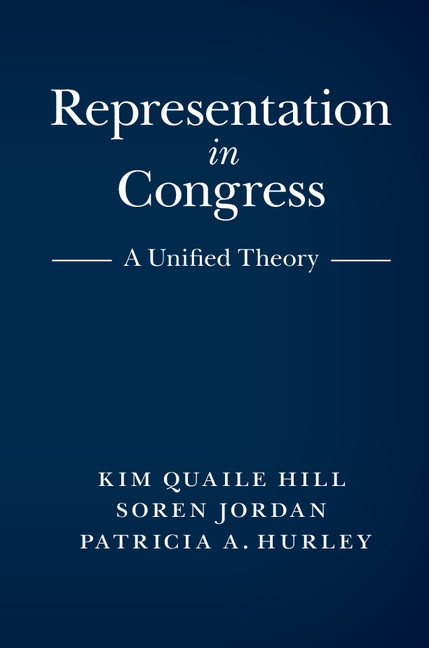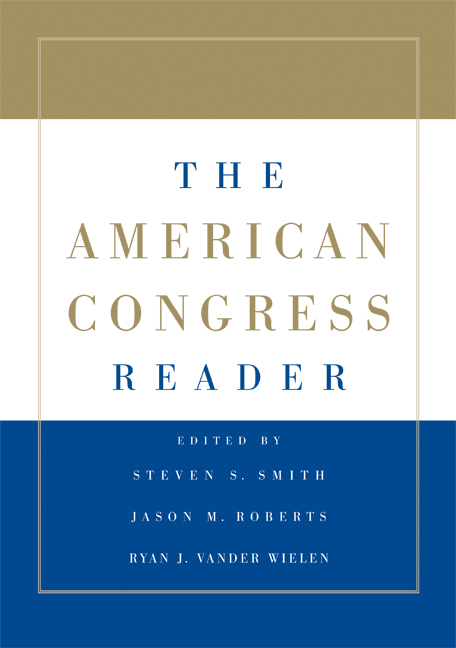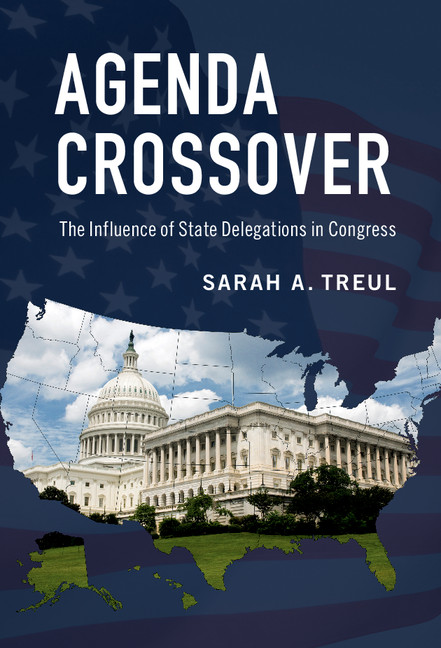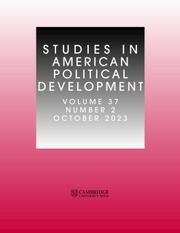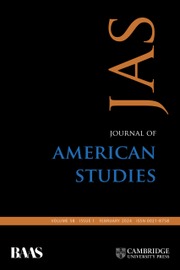Representation in Congress
Representation in Congress provides a theory of dyadic policy representation intended to account for when belief sharing, delegate, responsible party, trustee, and “party elite led” models of representational linkage arise on specific policy issues. The book also presents empirical tests of most of the fundamental predictions for when such alternative models appear, and it presents tests of novel implications of the theory about other aspects of legislative behavior. Some of the latter tests resolve contradictory findings in the relevant, existing literature – such as whether and how electoral marginality affects representation, whether roll call vote extremism affects the re-election of incumbents, and what in fact is the representational behavior of switched seat legislators. All of the empirical tests provide evidence for the theory. Indeed, the full set of empirical tests provides evidence for the causal effects anticipated by the theory and much of the causal process behind those effects.
- An accessible explanation/demonstration of what a systematic social theory should consist of, and how such a theory should be evaluated
- Empirical analyses address a range of legislative behavior other than representation, per se
- Provides a strong factual basis on which to judge the normative quality of representation provided by members of Congress
Reviews & endorsements
"Representation in Congress pushes our parsimonious understanding of policy representation forward in qualitative and consequential ways. Over the past sixty years, scholars have proposed a diverse and largely disconnected set of models to explain how legislators represent their constituents in roll call voting. These include belief-sharing, delegate, responsible party, trustee, and party elite-led perspectives on representation. Hill, Jordan, and Hurley propose that all such forms of representation occur in Congress, but that they occur in very different contexts."
Lawrence C. Dodd, Manning J. Dauer Eminent Scholar in Political Science, University of Florida
"Hill, Jordan, and Hurley make a major contribution to our understanding of political representation. They bring together a diversity of prior research while offering new findings and insights of their own, firmly grounded in empirical data. The result is a smart and comprehensive study that promises to be the definitive work on the subject for years to come."
Matthew Green, Catholic University of America, Washington DC
"This book serves as a welcome reminder that many elected officials view themselves as leaders, rather than followers. Its development of a theory for when this happens is truly admirable, and an important course correction for the field."
John D. Griffin, University of Colorado, Boulder
"This is a serious new work on the representational relationship between voters and their elected representatives. The authors compile an impressive set of disparate data sets to provide and rigorously test a new theory of representation in Congress. The result is a much-needed update to a long-standing literature. This is a must-read for students of Congress, elections, and representation."
Jason Matthew Roberts, University of North Carolina, Chapel Hill
'In sum, this important book offers a long overdue and elegant model of representation that will surely refocus the field and motivate scholars of representation to extend this work to other contexts.' Jennifer Hayes Clark, Congress and The Presidency
Product details
July 2015Hardback
9781107107816
238 pages
236 × 160 × 21 mm
0.51kg
17 b/w illus. 9 tables
Available
Table of Contents
- 1. The scientific study of constituency representation
- 2. The party polarization and issue complexity theory of dyadic representation
- 3. The research design and data for the principal verification tests for the party polarization and issue complexity theory
- 4. Verification tests for the original predictions about patterns of representational linkage
- 5. Novel implications of the theory about elections and representation
- 6. Electoral marginality and constituency representation
- 7. Conclusions, implications, and future research.

